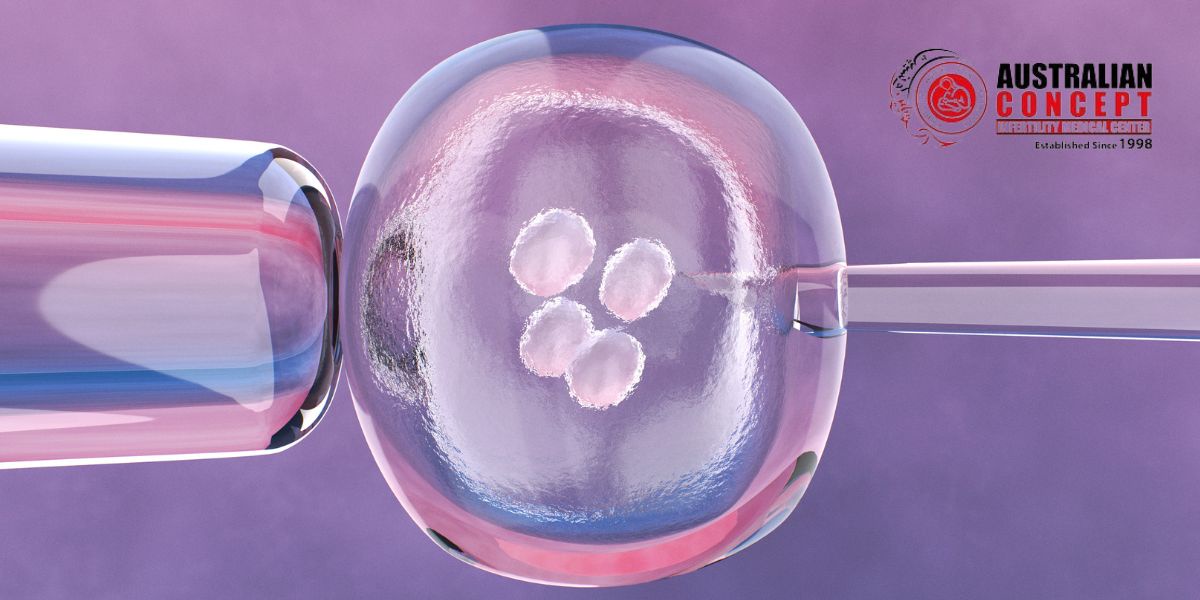In vitro fertilization (IVF) is a fertility treatment in which eggs are retrieved from the ovaries and fertilized with sperm in a laboratory setting. This process is known as "in vitro," which means "in glass" in Latin, as the process initially occurred in glass test tubes.
Why is IVF performed?
IVF is performed for various reasons, including:
Blocked or damaged fallopian tubes: IVF bypasses the fallopian tubes, allowing the eggs to be fertilized outside the body.
Male infertility: IVF can be used when the male partner has low sperm count or poor sperm quality.
Advanced maternal age: IVF can help women over 35 who have trouble conceiving naturally due to declining ovarian reserve and egg quality.
Unexplained infertility: IVF can be a treatment option when the cause of infertility cannot be determined.
Genetic disorders: Preimplantation genetic testing can be performed during IVF to identify genetic disorders in embryos before implantation.
A peek into the IVF process
Ovarian stimulation: The woman is given fertility medications to stimulate the ovaries to produce multiple eggs.
Egg retrieval: Once the eggs are mature, they are retrieved from the ovaries using a hollow needle guided by ultrasound.
Sperm collection: The male partner provides a semen sample, which is processed to separate the sperm from the seminal fluid.
Fertilization: The eggs and sperm are combined in a laboratory dish, and fertilization occurs.
Embryo transfer: The resulting embryos are transferred to the woman's uterus 3-5 days after fertilization.
IVF timeline: How long does IVF take?
The IVF process typically takes about 4-6 weeks from the start of ovarian stimulation to embryo transfer. However, this can vary depending on the individual's response to medication and other factors.
IVF success rates by age
IVF success rates vary based on factors such as age, infertility diagnosis, and treatment history. Generally, younger women have higher success rates than older women, as egg quality declines with age.
IVF side effects
Common side effects of IVF may include:
- Bloating and discomfort
- Bruising or bleeding at the injection site
- Mood swings
- Ovarian hyperstimulation syndrome (OHSS) in severe cases, which can cause abdominal pain, bloating, nausea, and vomiting
How much does IVF cost?
The cost of IVF can vary significantly depending on factors such as location, clinic, and insurance coverage. On average, a single IVF cycle can cost anywhere from 750,000 to 850,000pkr including the cost of fertility medications. It's essential to research and compare costs and consider any financial assistance or insurance coverage options available.


No comments yet